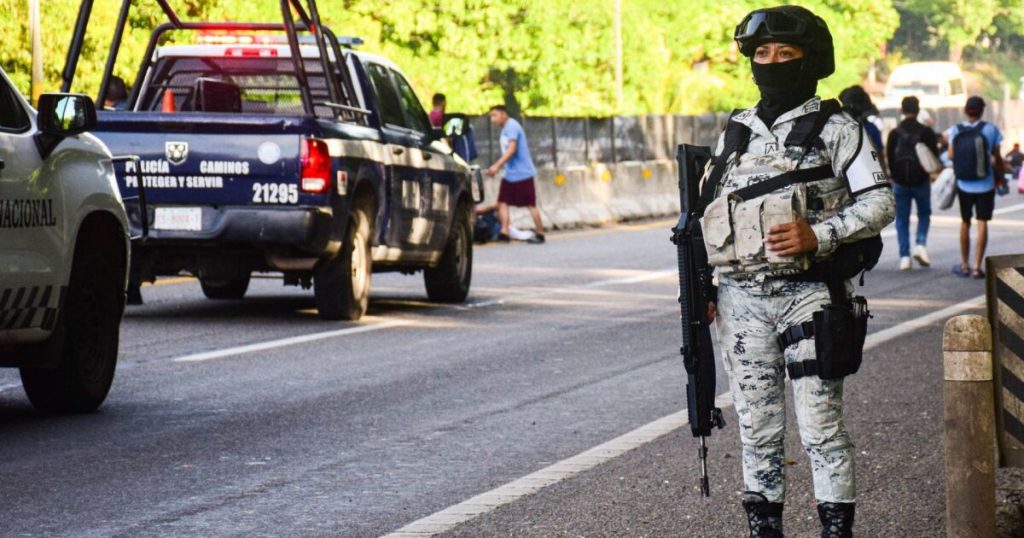Fear has always been an effective tool of power. Its use is classic, especially in authoritarian regimes. In politics, it is an instrument frequently used to achieve control, obedience and domination. Fear, as a complex emotion, expressed in various facets, significantly impacts the lives of men.
In humans, fear is the natural response to threats that threaten us physically, psychologically and existentially. Religions, rather than politics, used this effective tool. Because, without fear, as Umberto Eco suggests in a fragment of his magnificent work “The Name of the Rose”, there would be no need for the existence of God. Without fear, God would not exist.
In politics, then, the use of fear as an instrument of domination, control and obedience will be common. This powerful tool is present throughout history. You will see, dear readers, that, from the time of the King, the various tyrannies, to modern totalitarian regimes, fear has been used to extinguish dissent, discipline obedience, dominate and maintain power.
If you look closely, fear does not lie so much in strength and military capability, but in the ability to instill fear. With fear in place, people live in fear, becoming docile victims, incapable of challenging and emancipating themselves.
In the modern state, fear is used to justify repressive measures against groups or ideas that threaten security and social order. Fear is also exploited by political leaders and authoritarian regimes to manipulate mass behavior.
The importance of fear in politics has drawn the attention of thinkers and scholars. Machiavelli, for example, recommended that political leaders use fear to maintain order and stability. Thomas Hobbes described the magnitude of the fear of violence, with the need to give up freedom in exchange for security and protection from the State. In turn, Michel Foucault referred to fear, punishment and surveillance as important tools to control behavior.
Now, throughout history, we have had numerous regimes that, having no other form of domination, have used fear as the most effective way to control and achieve obedience. The most illustrative example is Nazi Germany. This regime adopted propaganda, violence and intimidation to create a climate of terror. Through the persecution of Jews, communists and other minority groups, it instilled deep fear. The Stalinist regime, in the former Union of Soviet Socialist Republics (USSR), used terror as a fundamental tool to consolidate power. Millions of people were sent to prison camps (gulags) to die in the most terrible conditions.
Today, in Latin America, the most infamous examples are the “Chavez” regimes, the “Ortega” regimes, and the “Castro” regimes. Intimidation and violence are used under the “Chavez” regime to silence opponents, journalists, activists, and ordinary citizens. They are constantly subjected to harassment, arbitrary arrests, and physical violence. The “Ortega” regime, which follows in the footsteps of “Chavez,” employs similar tactics, creating and instilling deep fears, to maintain itself in power. Popular protests are met with brutality by police and paramilitary forces. Hundreds of people have been killed and thousands more imprisoned or forced into exile.
The case of Cuba deserves a separate section. However, it should be noted that fear is also present as the main resource of power.
Well, it is important, now, to see what happens when fear is lost.
I will appeal here to a famous response from Seneca to the Emperor Nero: “your power lies in my fear; I am no longer afraid of you, you no longer have power.” The phrase, without a doubt, is a direct message to autocracies and tyrannies. If they lose fear, they lose power. See here this relationship, directly proportional, between fear and power.
The phrase reveals the hope that arises when fear is lost. When this happens, tyranny loses its foundation. It is key to lose fear. Otherwise, you become an accomplice to the dictatorship.
Of course, the loss of fear is never sudden, it is rather a cumulative and gradual process that inexorably manifests itself when the population strongly intensifies its protests, tired of repression and abuse. It only recently dares to challenge the regime. It is a crucial moment when the population rebels against the oppressive regime. There are numerous examples of popular uprisings that changed the course of history when fear was lost. Among others, we can highlight the French Revolution and the fall of the Berlin Wall. Without the loss of fear, these conquests such as freedom, justice and democracy would never have been achieved.
Today, in Venezuela, there is a challenge to the loss of fear of the “Chavista” regime. The opportunity, now, is at the ballot box.
Lose the fear

Latest from Blog

Statute of Dogs and Cats provides penalties for those who mistreat animals
The bill (PL 6,191/2025), which establishes the Statute of Dogs and Cats, establishes a sentence of six months to ten years in prison for anyone who kills or tortures dogs or cats.

Colombia activates epidemiological surveillance due to possible case of measles
Patient with symptoms since February 13 had traveled to Mexico, a country with an increase in cases. News Colombia. The country’s health authorities are monitoring a possible case of measles detected in

Russia denies information about an alleged oil shipment to Cuba
The Embassy of Russia in Cuba this Sunday denied information about an alleged shipment of oil to the island, in the middle of the oil fence of the Trump Administration. The diplomatic

The sea invades the deserted streets of Havana
Havana/Indifferent to internal crises and external tensions, the forces of nature continue stubbornly on their path, sometimes unpredictable, other times not so much. Thus the Atlantic in front of Havana in the

Santo Domingo Metro service restored after national blackout
Posted: 02/23/2026 – 05:58 PMUpdated: 02/23/2026 – 06:26 PM Santo Domingo.– The Santo Domingo Metro service was restored this Monday afternoon after being interrupted for several hours due to the national blackout












